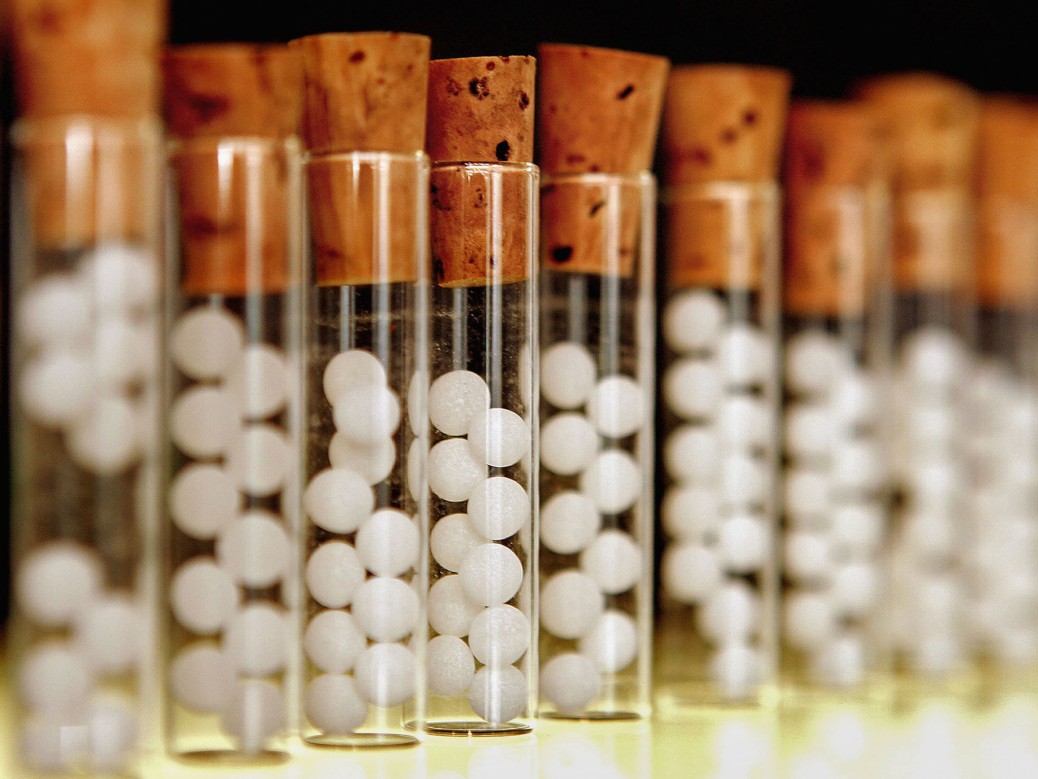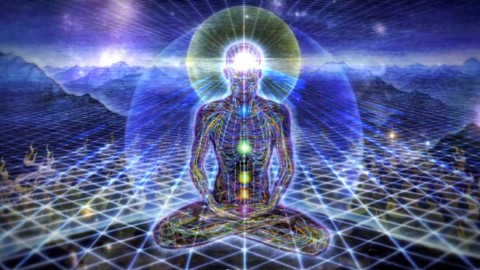DELUSIONS are unshakable beliefs in something that isn’t true or based on reality. But that doesn’t mean they’re completely unrealistic. Delusional disorder involves delusions that aren’t bizarre, having to do with situations that could happen in real life, like being followed, poisoned, deceived, conspired against, or loved from a distance. These delusions usually involve mistaken perceptions or experiences. But in reality, the situations are either not true at all or highly exaggerated.
People with delusional disorder often can continue to socialize and function normally, apart from the subject of their delusion, and generally do not behave in an obviously odd or bizarre manner. This is unlike people with other psychotic disorders, who also might have delusions as a symptom of their disorder. But in some cases, people with delusional disorder might become so preoccupied with their delusions that their lives are disrupted.
Although delusions might be a symptom of more common disorders, such as schizophrenia, delusional disorder itself is rather rare. Delusional disorder most often happens in middle to late life and is slightly more common in women than in men.
Types
- Erotomanic: The person believes someone is in love with them and might try to contact that person. Often it’s someone important or famous. This can lead to stalking behavior.
- Grandiose: This person has an over-inflated sense of worth, power, knowledge, or identity. They could believe they have a great talent or made an important discovery.
- Jealous: A person with this type believes their spouse or sexual partner is unfaithful.
- Persecutory: Someone who has this believes they (or someone close to them) are being mistreated, or that someone is spying on them or planning to harm them. They might make repeated complaints to legal authorities.
- Somatic: They believe they have a physical defect or medical problem.
- Mixed: These people have two or more of the types of delusions listed above.
Symptoms
- Non-bizarre delusions – these are the most obvious symptom
- Irritable, angry or low mood
- Hallucinations (seeing, hearing, or feeling things that aren’t really there) related to delusion. For example, someone who believes they have an odor problem might smell a bad odor.
Causes
- Genetic: The fact that delusional disorder is more common in people who have family members with delusional disorder or schizophrenia suggests genes may be involved. It is believed that, as with other mental disorders, a tendency to have delusional disorder might be passed on from parents to their children.
- Biological: Researchers are studying how delusional disorders might happen when parts of the brain aren’t normal. Abnormal brain regions that control perception and thinking may be linked to the delusional symptoms.
- Environmental/psychological: Evidence suggests that stress can trigger delusional disorder. Alcohol and drug abuse also might contribute to it. People who tend to be isolated, such as immigrants or those with poor sight and hearing, appear to be more likely to have delusional disorder.
Homoeopathy Treatment
Lachesis – For High Degree of Suspiciousness: Lachesis Muta is a highly reputed medicine for Schizophrenia treatment. Paranoid delusions are mainly indicative of the use of Lachesis Muta. These delusions include high suspicion of being poisoned, of being harmed and of being followed by enemies. There is suspicion in an extreme degree towards everything. A sensation of being under some superhuman power is yet another unique feature in persons needing Lachesis Muta. A wish to isolate themselves, aversion to work, and a marked loquacity are also present among such subjects. In loquacity, the prominent symptom is continuously talking with quick jumps from one subject to another unrelated subject. Repetition of the same words over and over again is also present in speech.
Anacardium Orientale – For Auditory Hallucinations: Anacardium Orientale is an important medicine for Schizophrenia where a person hears voices. The voices are mostly of spirits or dead people. A few patients narrate that the voices say that they are going to die soon. Some patients say that the spirits call their name and command them to follow them. Some patients state that the voices inside them speak in abusive language. Other attending features are extreme sadness, absent-mindedness, and suspicion. Forgetfulness, aversion to work, desire to swear and curse are also some characteristic symptoms that may accompany. Another unique feature is the feeling that everything is a dream, and nothing is real.
Hyoscyamus Niger – For Delusion of Being Poisoned: Hyoscyamus Niger is useful in cases where the patient thinks someone is going to poison them. In most cases, as a result they avoid eating or drinking. There is also a suspicion that family members are keeping a watch over them all the time. Sometimes the patient does things that appear foolish. Laughing loudly at everything is also markedly present. An impulse to strike and bite others may also arise along with delusions. Unintelligible chattering can also appear.
Tags: Delusions And Homoeopathy










